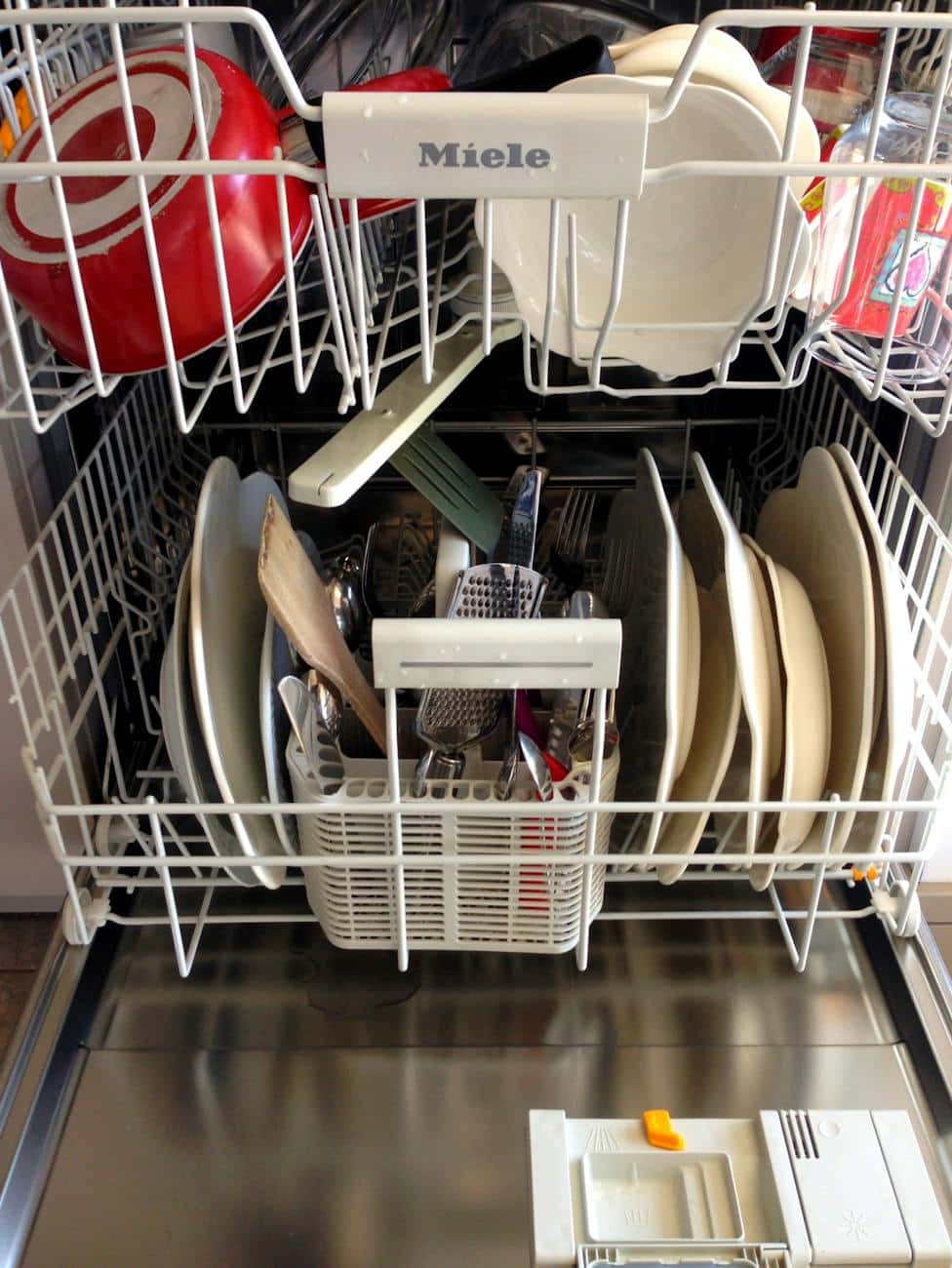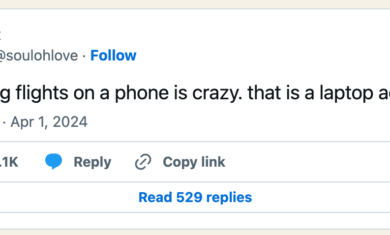So much of what technology does for us is only possible thanks to the concept of “adversarial interoperability”. It’s a weird concept with a simple premise: It’s a system that is wide open enough that other organizations and individuals can use it without permission (via “The Song of Significance“).
The EFF explains it further:
For a really competitive, innovative, dynamic marketplace, you need adversarial interoperability: that’s when you create a new product or service that plugs into the existing ones without the permission of the companies that make them. Think of third-party printer ink, alternative app stores, or independent repair shops that use compatible parts from rival manufacturers to fix your car or your phone or your tractor.
They gave some great examples, but there are simple ones in our lives that we take for granted:
- Your dishwasher works with any dishes.
- You can plug any device into your wall outlet.
- Anyone can give you food that can be heated by your microwave.
In most cases, adversarial interoperability is impossible to avoid. I guess you could build a dishwasher that only works with certain dishes, but that would be really weird.
In the world of tech we see some of this on both sides.
- Apple fights against it. They don’t allow alternative app stores, they don’t allow other apps to connect to FaceTime, and they work hard to control the system from top to bottom. This is what makes the Apple ecosystem so solid.
- On the other side you have things like WordPress. Anyone can write a plugin to add functionality (here are 60,000 free ones), anyone can build a new theme (here are 11,000 free ones), you can install it anywhere you want, and you can rewrite any of the code that you wish. They strongly encourage adversarial interoperability, and that’s what makes it so great.
Both sides can work, but you need to be clear about what you’re trying to accomplish. For years, Twitter supported this theory strongly by letting anyone build apps on top of their API, before switching gears and making third-party tools much less viable. Jack Dorsey, a co-founder of Twitter, regrets those decisions and wishes Twitter had become more of an open protocol than a business.
Generally speaking, I prefer to work with applications that encourage adversarial interoperability. I mentioned WordPress above, but Obsidian is a very similar example with lots of free plugins, lots of free themes. Everyone can improve it and make it a better product.
We don’t always get a choice on how the things in our life connect with other things, but when I have a choice I’ll almost always choose the open option.




